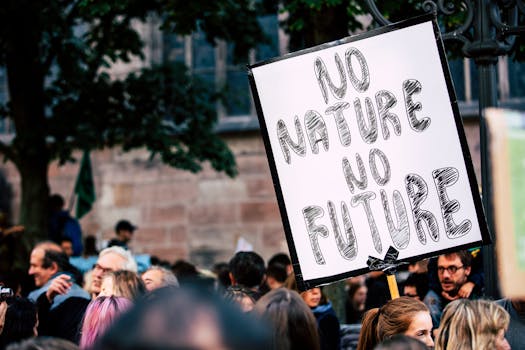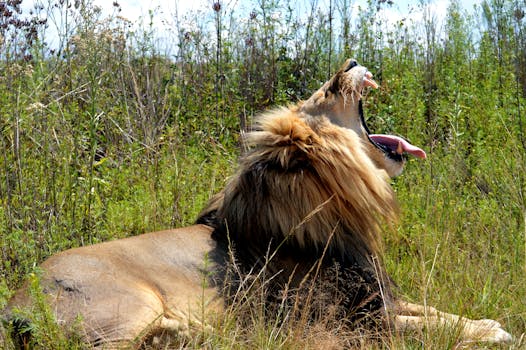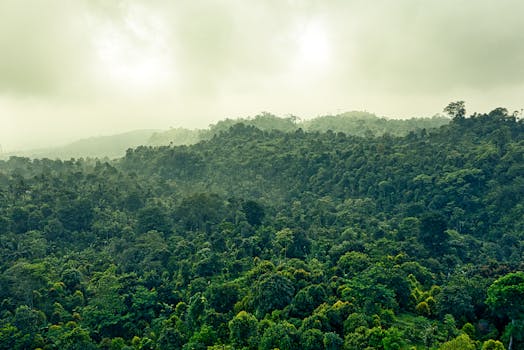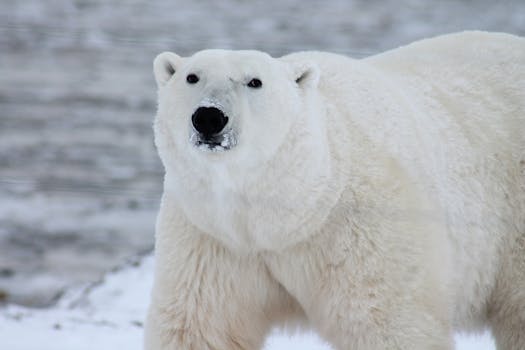
Introduction to Climate Change

Climate change refers to significant changes in global temperatures and weather patterns over time. While climate change is a natural phenomenon, scientific evidence shows that human activities are accelerating this process. The burning of fossil fuels, deforestation, and industrial processes release greenhouse gases into the atmosphere, leading to a warming planet. This change has far-reaching effects on global ecosystems.
The Impact on Ecosystems

Global ecosystems are intricate networks comprising interactions between living organisms and their physical environment. These ecosystems are vulnerable to climate change, which disrupts their balance. For example, rising temperatures lead to habitat loss, altering the distribution of species. Marine ecosystems suffer from ocean acidification and coral bleaching, while terrestrial ecosystems face challenges such as altered precipitation patterns and increased frequency of extreme weather events.
Biodiversity at Risk

The impact of climate change extends beyond individual species; it jeopardizes biodiversity. As habitats change or disappear, many species struggle to adapt. Some may face extinction, while others may migrate to more favorable conditions, disrupting existing ecosystems. Biodiversity is essential for ecosystem resilience, which helps maintain the balance of nature, supports food security, and provides essential services like pollination and water purification.
Climate Change and Human Activities

Human activities are both a cause and a potential solution to climate change. Agriculture, urbanization, and industrialization contribute significantly to greenhouse gas emissions. However, sustainable practices can mitigate these effects. For instance, adopting renewable energy sources, reforestation, and sustainable land management can reduce carbon footprints and enhance ecosystem health. Collective efforts at the local, national, and global levels are vital for effective climate action.
Taking Action for the Future

Addressing climate change requires immediate and sustained action. Individuals can contribute by reducing waste, consuming less, and supporting sustainable businesses. Governments must enact policies that prioritize environmental protection and invest in green technologies. Global cooperation is also crucial, as climate change knows no borders. By working together, we can protect global ecosystems and ensure a sustainable future for generations to come.






